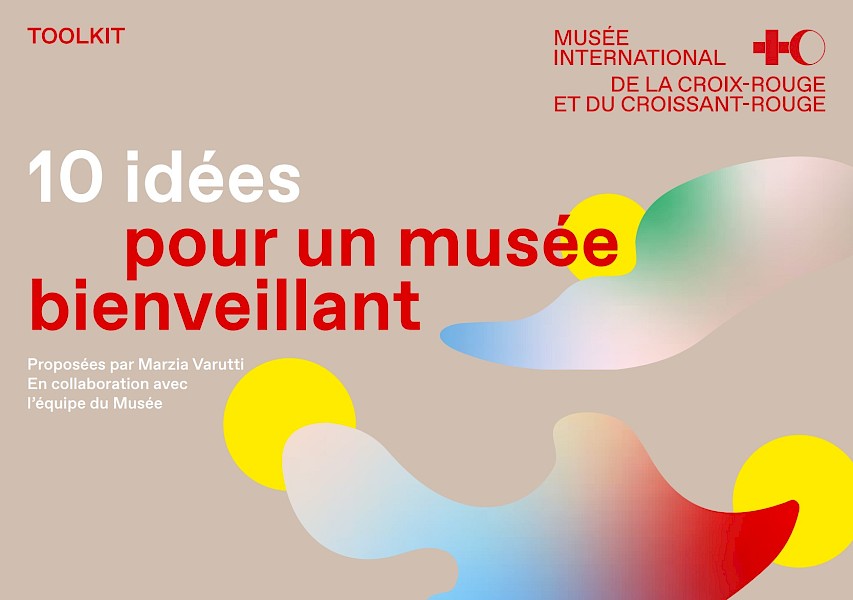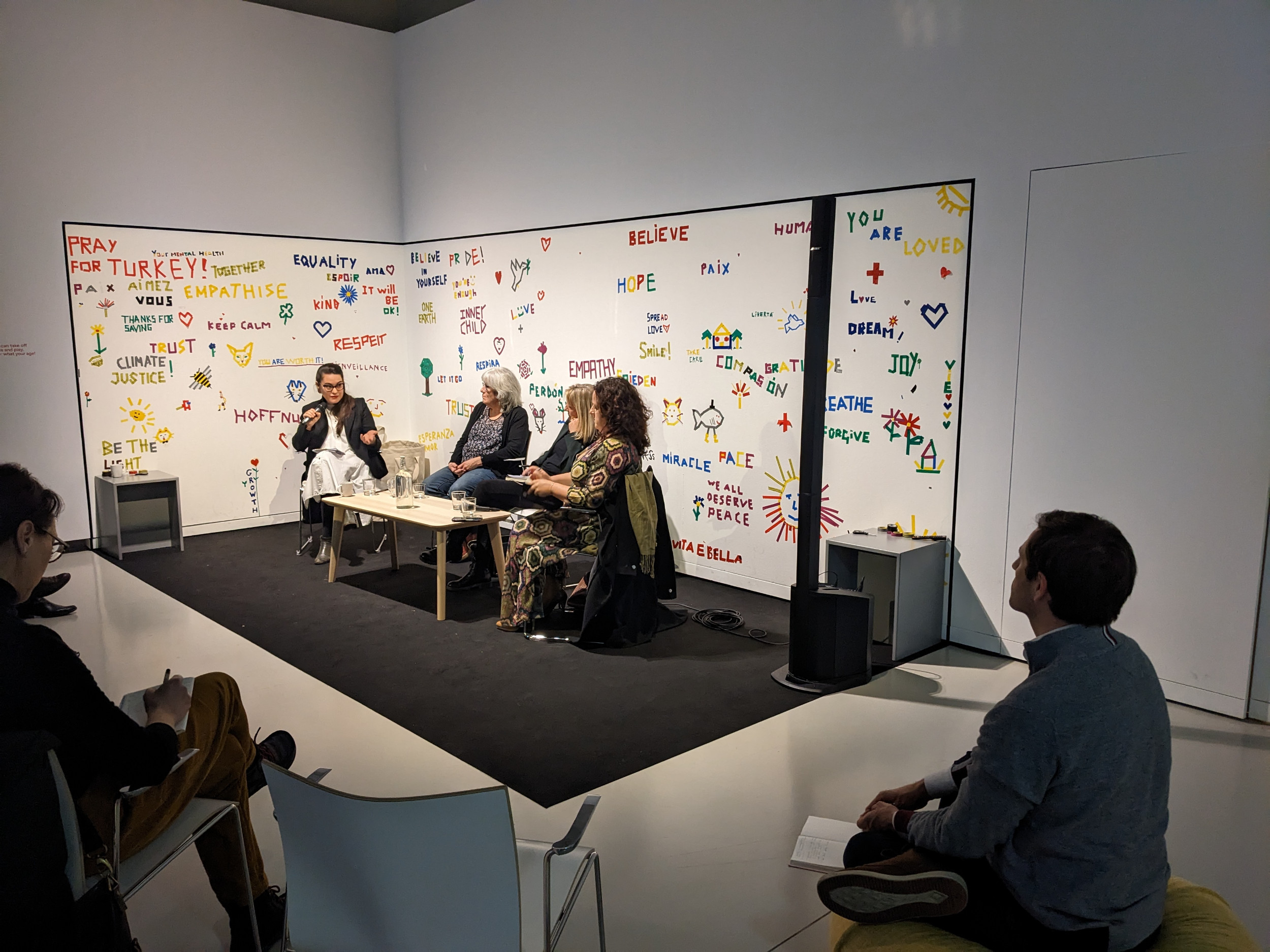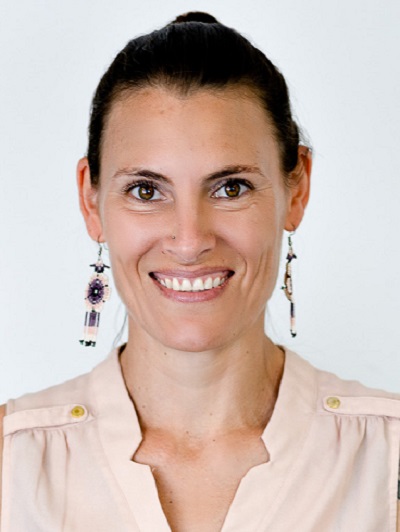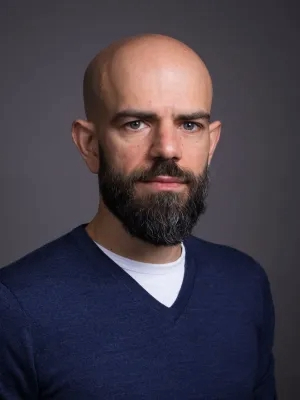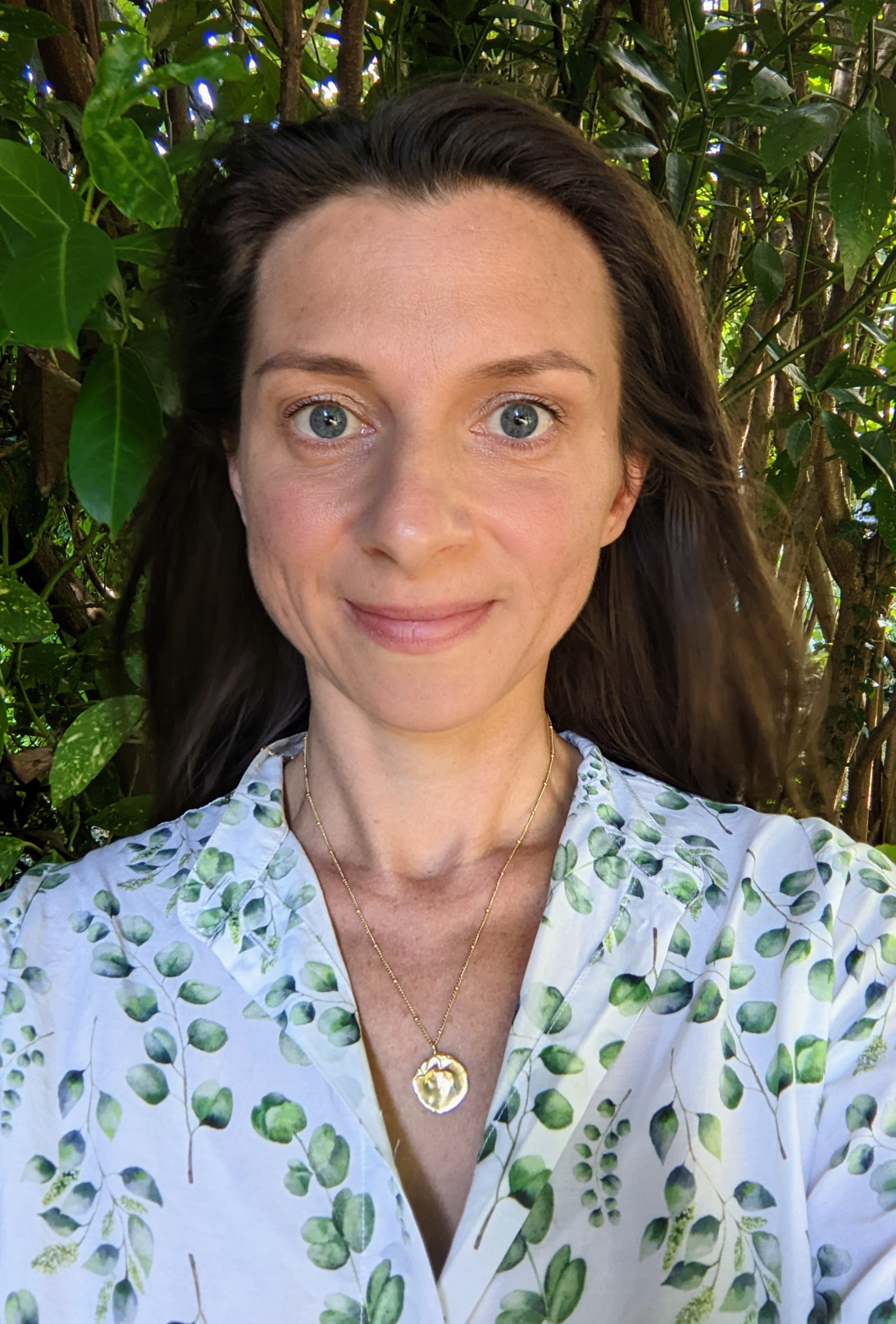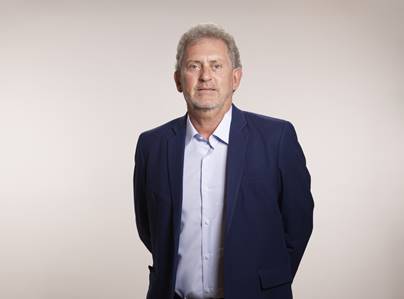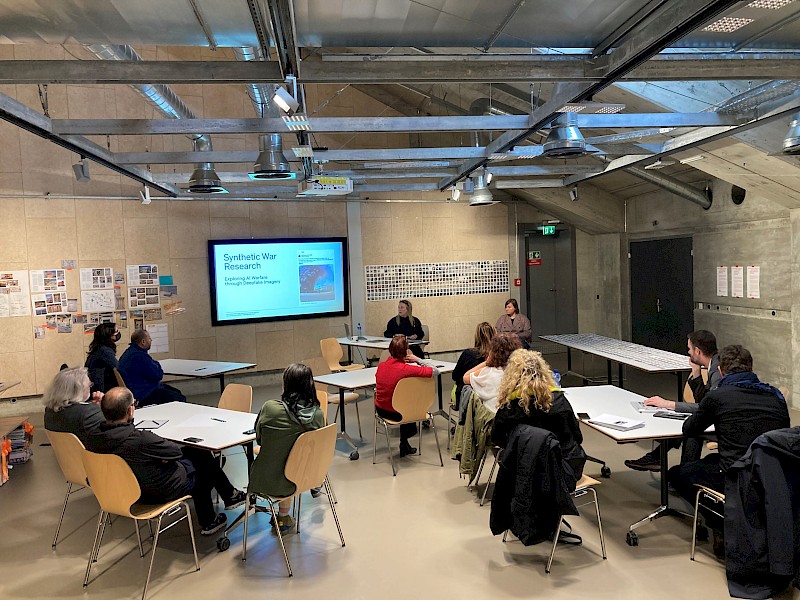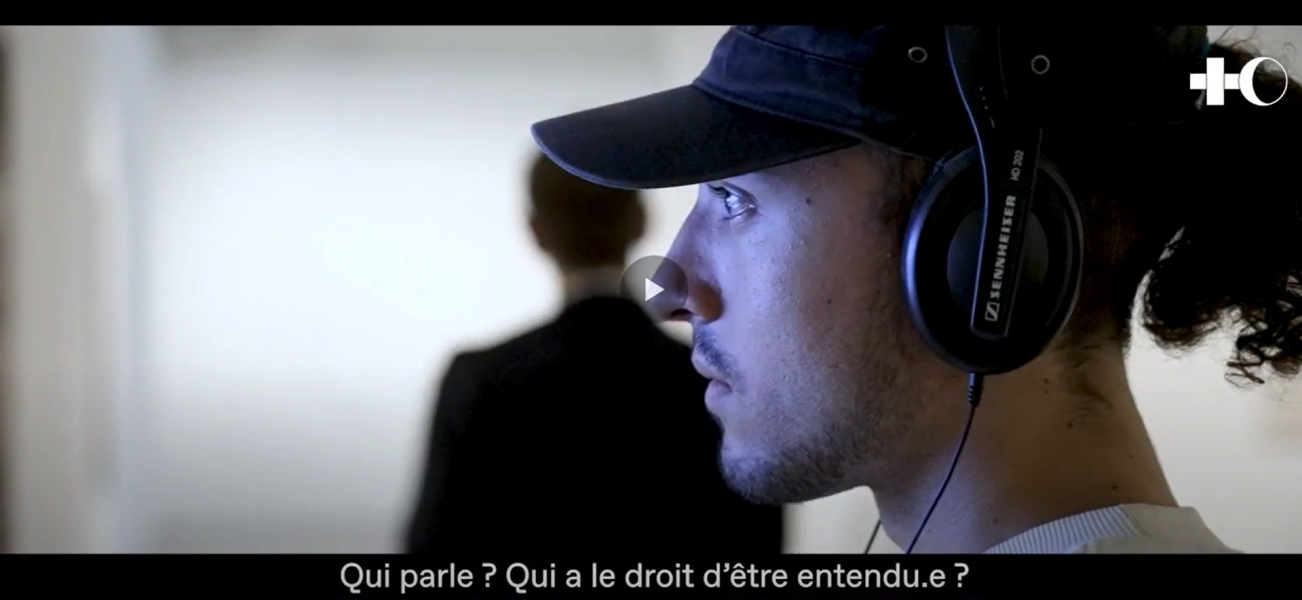In a world where humanitarian crises are multiplying, co-construction with local stakeholders and affected populations is essential to providing fairer, more effective and sustainable response. But what does co-construction really mean and what is at stake in rethinking humanitarian action? Who really holds the power of decision, and what are the participatory strategies that go beyond simple consultations to fully include the populations concerned? How can co-construction, grounded in a care-based approach, help institutions to evolve and lead us to rethink the relationship between the ‘carer’ and the ‘cared-for’?
Sarah Gamblin, head of communications and partner relations at the association découvrir, Tammam Aloudat, director of ‘The New Humanitarian’, Marta Pawlak, humanitarian aid and protection adviser, and Jean Luc Imhof, institutional strategic partnership adviser at the Terre des hommes Foundation, will discuss these issues together. These four experts, who come from humanitarian, research and social inclusion backgrounds, will each bring their own perspective and expertise to the subject.
The conference will be moderated by Valérie Gorin, Head of Learning at the Geneva Centre for Humanitarian Studies.
This event is held in French.
Sarah Gamblin is trained as an ethnologist and has extensive experience in Latin America, where she has conducted research and collaborated on various projects related to identity dynamics, women's rights, and indigenous populations. Currently, she is in charge of communication and partner relations at the Découvrir association, where she applies her expertise to promote the professional integration of skilled migrant women in French-speaking Switzerland. Her unconventional background gives her a unique sensitivity to the challenges of migration, and she actively works to highlight the potential of these women in the Swiss labour market.
Dr. Aloudat, a Syrian-Swiss physician, is the CEO of The New Humanitarian, a leading humanitarian newsroom. With over two decades in international humanitarian organizations, he advocates for decolonizing global health and advancing humanitarianism. He began as a volunteer for the Syrian Red Crescent, later working with IFRC in Iraq post-2003. Over 20 years, he has responded to crises from Darfur to the Haiti earthquake. Most recently, he served as President of MSF Netherlands and on MSF’s International Board.
Marta has been working in the humanitarian sector for 18 years on issues relating to community protection, accountability, inclusion, participation, sexual violence and micro-finance. She has worked alongside communities affected by conflict, as well as within headquarters structures. At the ICRC, she has developed a people-centred approach, involving communities at every stage of the project cycle.
She advocates more participatory, inclusive and local humanitarian action. Now an independent consultant, she teaches the people-centred approach module at the University of Geneva's Centre for Humanitarian Studies.
Jean Luc Imhof has 35 years of experience in humanitarian aid and international cooperation. He spent 5 years as a delegate with the ICRC and 30 years with the Terre des hommes Foundation in Lausanne. Since 2002 he holds the role of strategic and institutional partnership adviser to the General Management at Tdh. He began his career in 1991 with the ICRC, working in the conflicts of the former Yugoslavia, the Great Lakes region during the genocide against the Tutsis, and in Sri Lanka. He managed Tdh delegations in multiple countries, including Guinea, Benin, Albania, and Kosovo. During his tenure at Tdh, the organisation not only tripled in size but also shifted from a small-scale direct aid model to one focused on systemic change, establishing itself as a pioneer in the field of development aid.
Find out more
Design an agora
07.05.2025 10:00-13:00
Event or workshop, Upcoming, At the museum, Co-construction
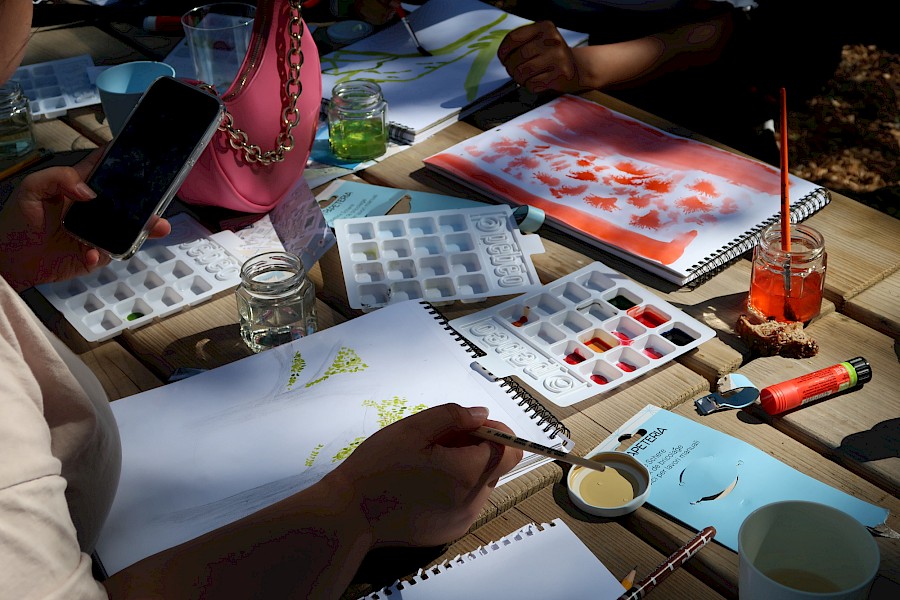
1 Museum, 3 perspectives
26.06.2025 18:30-20:00
Event or workshop, Upcoming, At the museum, Co-construction
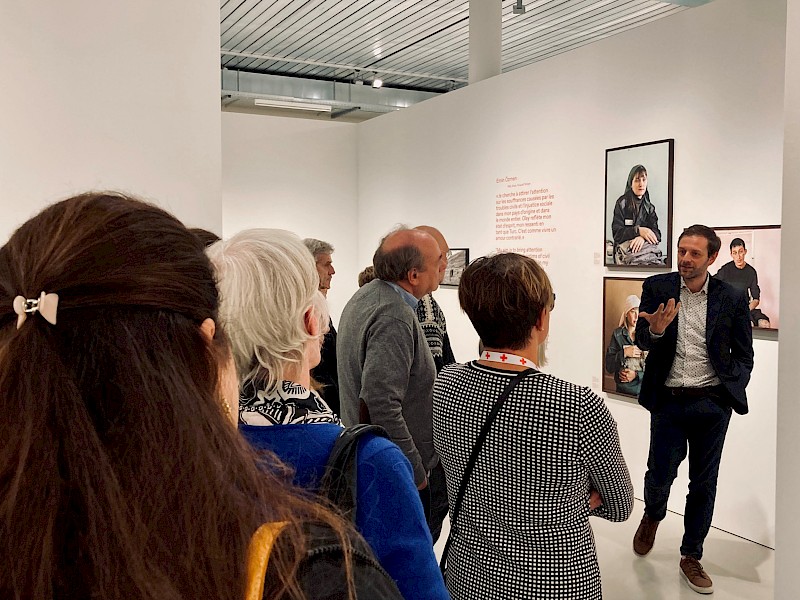
Solidarity Concert
01.06.2025 11:00-12:15
Event or workshop, Upcoming, At the museum
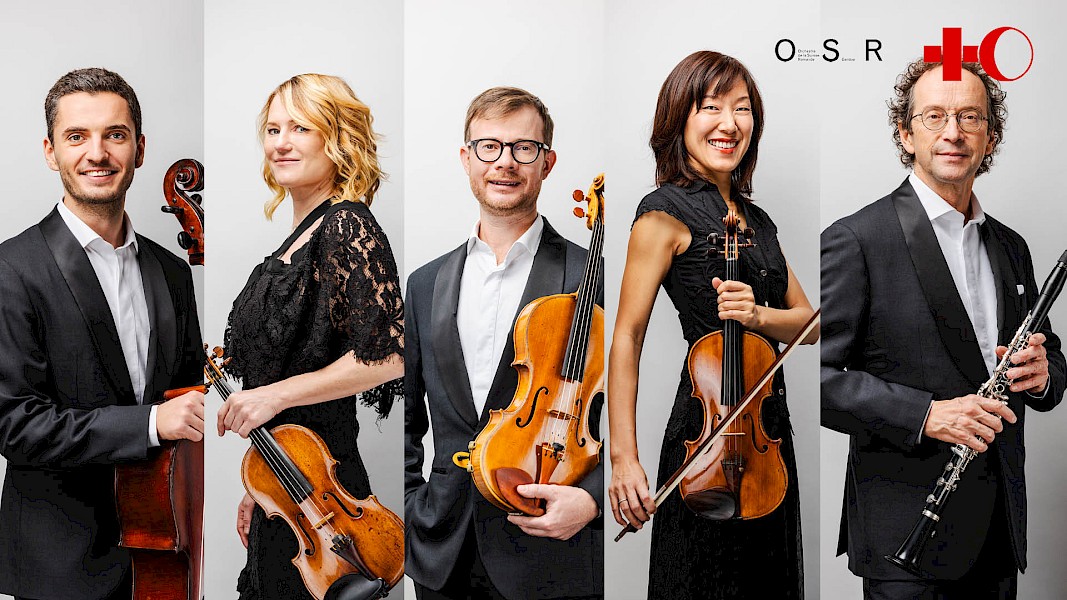
Toolkit #2 : 10 ideas for a caring museum
Texts, Toolkits, Mental health
